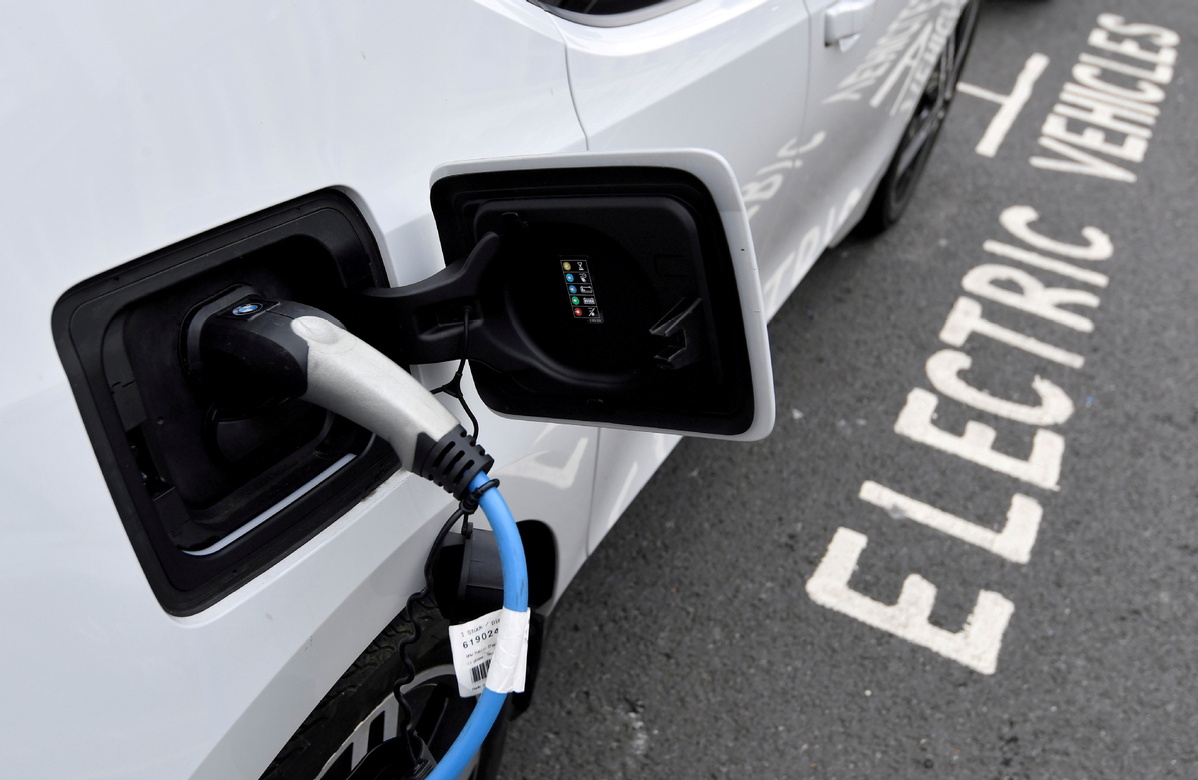Poll shows auto jobs at risk due to EU's plans

The transition to electric vehicles could cost hundreds of thousands of auto industry jobs in the European Union in the years leading up to 2035, according to a poll of suppliers in the sector.
A survey of 100 companies, conducted by industry trade group the European Association of Automotive Suppliers, known as CLEPA, showed more than 500,000 jobs could be at risk as the sector transitions to emissions-free technology.
It also found that 226,000 new jobs would likely be created in manufacturing electric vehicle, also known as EV, parts, but said this may not fully offset the potential "social and economic impacts" caused by mass unemployment, reported the Financial Times.
Policy announced this year by the European Commission on emissions from new cars effectively prohibits the sale of fossil fuel-powered vehicles after 2035.
But CLEPA has long been lobbying for the use of interim technologies, other than battery-power, to soften the impact on employment. Automakers want fuels made from renewable energy but burned in a combustion engine to form part of the solution.
In a news release issued on Monday, CLEPA said a mixed technology approach would still cut emissions by 50 percent and maintain current employment levels.
"The study highlights the risks of an EV-only approach for the livelihood of hundreds of thousands of people working hard to deliver the technological solutions for sustainable mobility," CLEPA secretary general Sigrid de Vries said in the release.
"Society's needs are far too diverse for a one-fits-all approach."
"The use of hybrid technologies, green hydrogen and renewable sustainable fuels, will enable innovation as we redefine mobility in the coming decades."
The CLEPA report, prepared by accountants PwC, found that 1.7 million people work at automotive suppliers in Europe, while 1.2 million more are employed by automakers.
It noted that there are a further 1.21 million jobs in activities such as tire and vehicle body manufacturing, chemicals, batteries and electrical equipment, and 3.2 million in support services. It said the biggest job losses would be in Germany, Italy, Spain and Romania.
Automotive News Europe noted a more optimistic assessment was published in July by Boston Consulting Group, also known as BCG, which considered overall industry employment levels.
BCG found that the battery supply chain will be the biggest driver of new jobs.
"Maintaining or even accelerating the transition to EVs as the core automotive technology for the near term is essential to give a 'green boost' to employment," its report said.
"However, such a strategy must be accompanied by skill building and retraining on a tremendous scale," BCG said. "Governments, companies, and individuals all have a role to play in meeting the challenges."

